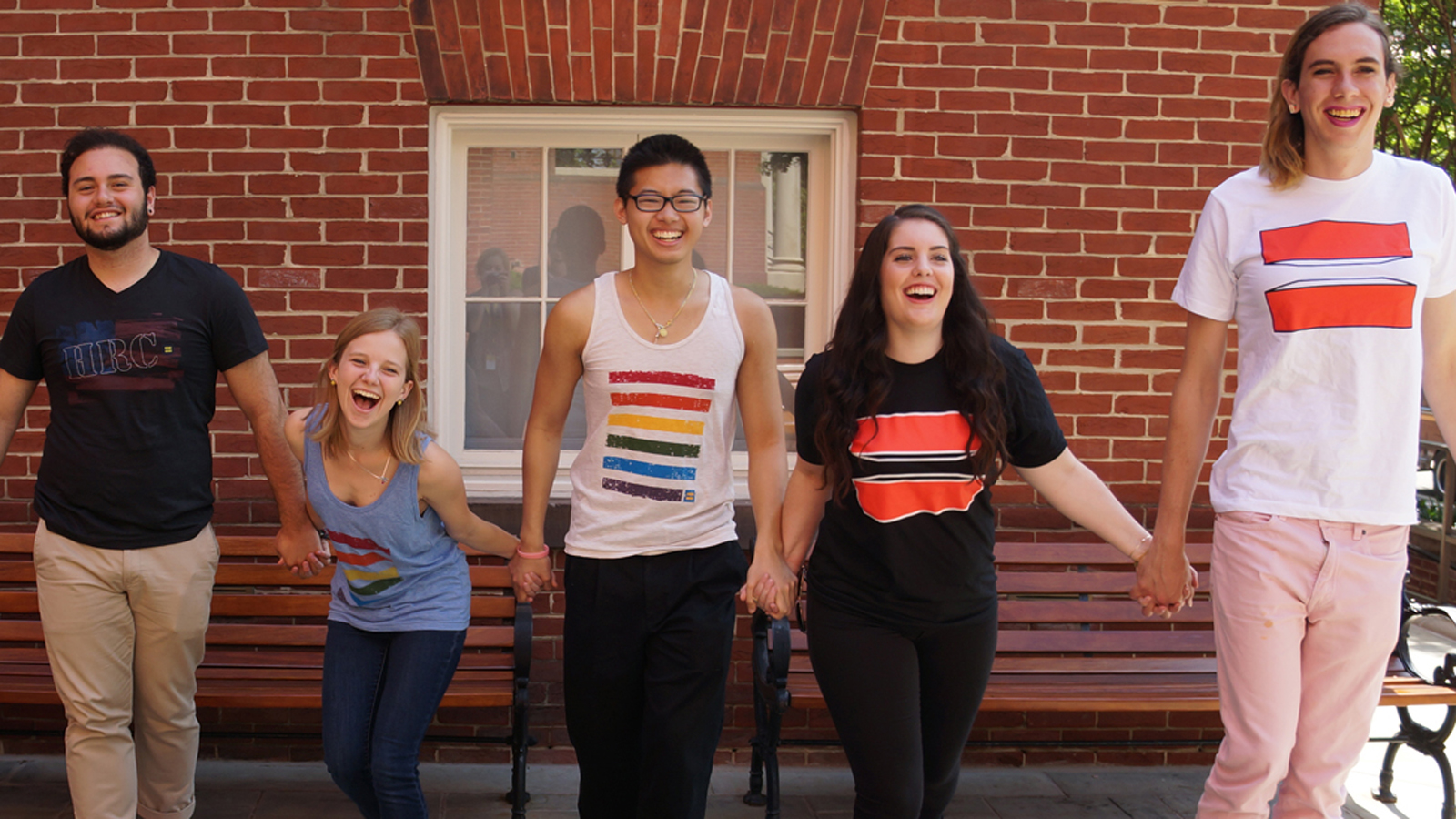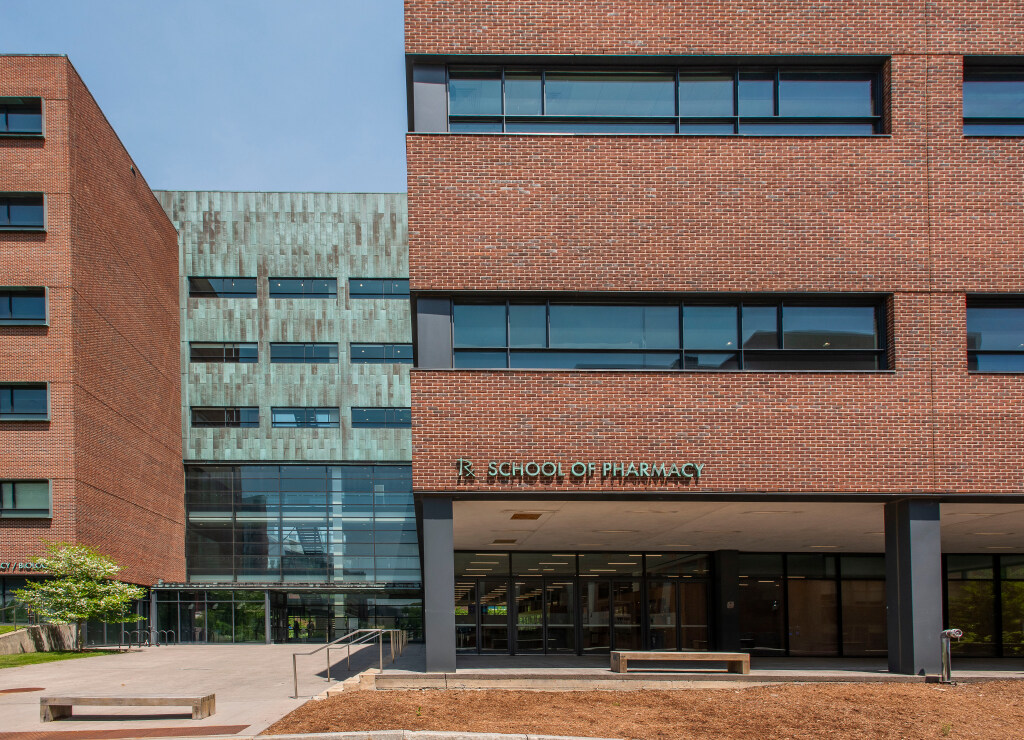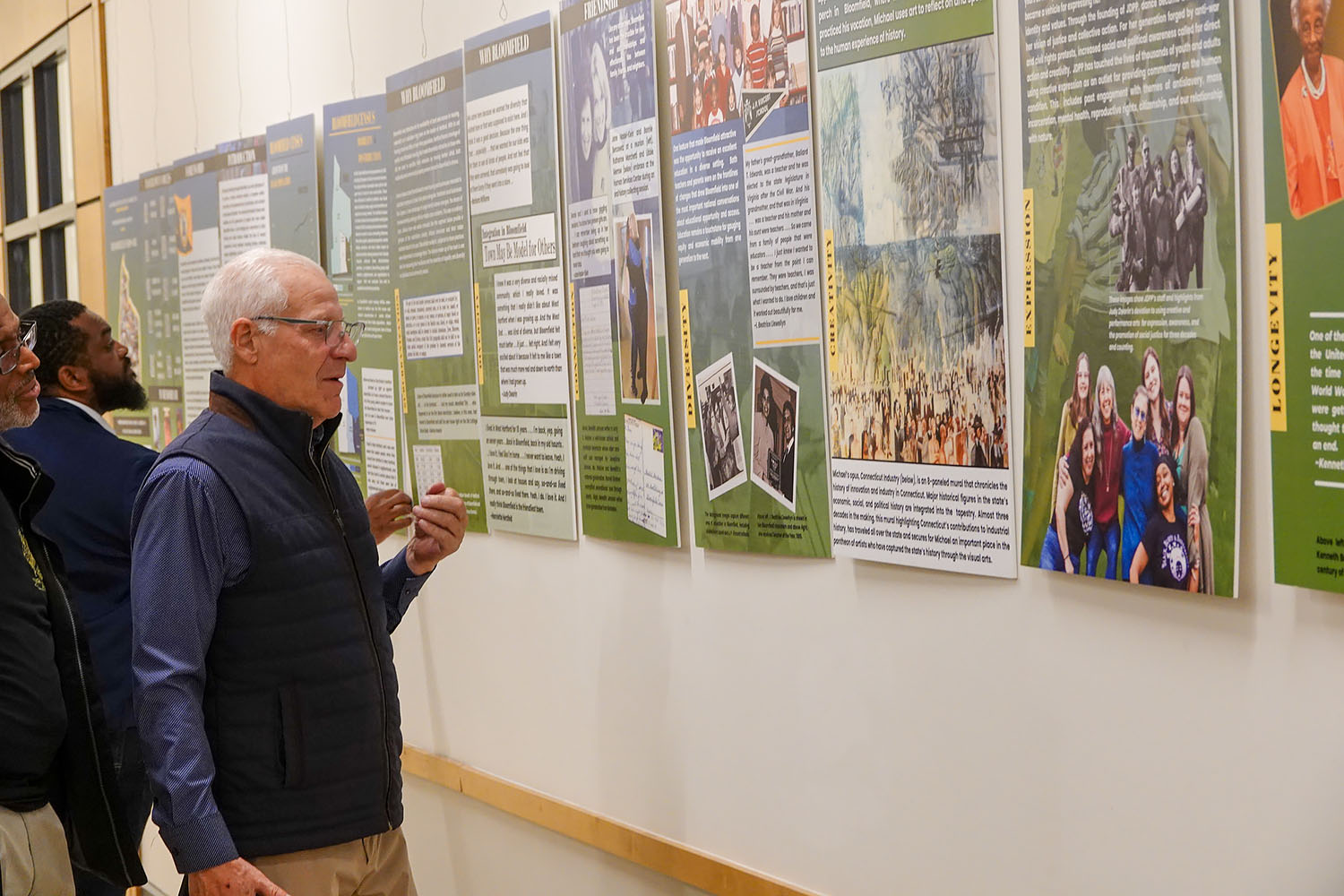UConn researchers and the Human Rights Campaign (HRC) have launched a new, comprehensive national survey to examine the lives of lesbian, gay, bisexual, transgender and queer (LGBTQ) teenagers.
The online survey is open to LGBTQ teens between the ages of 13 and 17 living in the United States and seeks to provide detailed information on the lives of LGBTQ teens. HRC, which is the largest national LGBTQ civil rights organization, is using social media and affiliated networks to raise awareness about it.
“Our study takes a holistic approach to better understand the lived experiences of LGBTQ young people,” says Ryan Watson, assistant professor of human development and family studies and principal investigator for the study. “We are asking questions about sexual and gender identity, experiences at school and home, health behaviors, and the types of supports these teens receive from important people in their lives.”
The survey will continue online through the end of the summer, with a report based on the findings expected by early 2018.
Watson notes the groundbreaking survey comes after the announcement earlier this year by the Trump Administration that the United States Census Bureau will not collect data on the LGBTQ community as part of the 2020 Census. The Census Bureau conducts its survey every 10 years and is the leading source of quality data about the nation’s people and economy. The Bureau staff also conducts special surveys in areas such as health, crime victimization, housing and medical care used by other government agencies.The survey will continue online through the end of the summer, with a report based on the survey findings expected by early 2018.
Watson says most previous studies of the LGBTQ population have generally focused on adults, but that it is critical to learn about the multifaceted experiences of LGBTQ youth. Earlier this year, HRC released the findings from its survey of 50,000 young people, which also included non-LGBTQ youth, about their experiences since the start of Donald J. Trump’s presidential campaign. More than 70 percent of participants said they had witnessed bullying or harassment during that time.
“A key goal of this study is to examine the diverse forms of victimization that LGBTQ youth face,” says co-investigator Rebecca Puhl, professor of human development and family studies and deputy director of the Rudd Center for Food Policy & Obesity at UConn. “For example, we will examine links between weight-based bullying and bullying due to sexual orientation; these two forms of bullying are both very common in youth but have not been examined as shared experiences. This research is critical to understand the impact of sexual orientation and gender identity in combination with other stigmatized identities on the health and well-being of sexual and gender minority youth.”
Watson says that their national survey will also assist researchers in studying the intersections of race, ethnicity, socioeconomic status, sexual and gender identity, which has not yet been comprehensively examined among LGBTQ youth.
“This study will allow us to look at how intersecting experiences related to disability, racial, and ethnic identities affect health behaviors, substance use, safety, and bullying for LGBTQ teens.” Learning more about these experiences can help researchers and policymakers to better understand how the current political climate of legislative battles over issues such as access to bathroom facilities in schools and other public buildings might impact particular youth in unique ways, says Watson.
Adds Puhl, “A novel aim of our study is to examine disparities for sexual and gender minority adolescents across health indices, such as obesity, eating behaviors, and physical activity. This can help to identify which vulnerable groups of LGBTQ youth are in need of increased support to improve health.”
Among the questions the survey hopes to answer are:
• How might support from peers, family and others shape LGBTQ young people’s lives and create opportunities for resiliency?
• What kinds of health concerns, such as smoking or stress, are common among LGBTQ teens?
• How many transgender teens feel their identities are respected at school, and are able access gender-appropriate facilities?
• How do intersecting identities, such as race or disability, affect the challenges and opportunities that LGBTQ youth encounter?
Watson says this new survey will provide informative data for scholars across a variety of disciplines, such as psychology, sociology, and public health; and that policymakers, school officials, and other stakeholders will be able to use the findings to better support LGBTQ teens.



